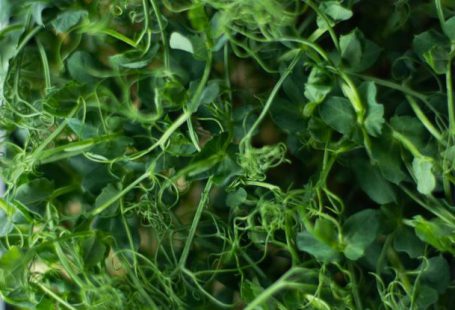The Earth’s oceans cover approximately 70% of the planet’s surface and play a crucial role in sustaining life on Earth. However, these vast bodies of water are increasingly facing a significant threat—ocean pollution. Understanding the impact of ocean pollution on marine life is essential to address this pressing environmental issue and work towards protecting our oceans for future generations.
The Sources of Ocean Pollution
Ocean pollution is caused by various sources, including plastic waste, chemicals, sewage, oil spills, and agricultural runoff. Plastic pollution, in particular, poses a severe threat to marine life. Millions of tons of plastic waste end up in the oceans each year, harming marine animals through ingestion and entanglement. Chemical pollution from industrial activities and agriculture can also have devastating effects on marine ecosystems, leading to toxic algal blooms and disrupting the balance of marine food webs. Oil spills, whether from offshore drilling or shipping accidents, can have immediate and long-term consequences for marine life, causing widespread contamination and habitat destruction.
The Impact on Marine Life
The impact of ocean pollution on marine life is profound and far-reaching. Plastic waste, for instance, can be mistaken for food by marine animals, leading to ingestion and potentially fatal consequences. Marine animals such as seabirds, turtles, and whales can become entangled in plastic debris, causing injuries and even death. Chemical pollution can affect the health and reproductive capabilities of marine species, leading to population declines and genetic abnormalities. Oil spills can coat marine animals in toxic substances, impairing their ability to regulate body temperature, breathe, and feed, ultimately leading to widespread mortality in affected populations.
The Effects on Marine Ecosystems
Ocean pollution can have cascading effects on marine ecosystems, disrupting the delicate balance of life in the oceans. Plastic waste can accumulate in coastal areas and on the seabed, smothering marine habitats such as coral reefs and seagrass beds. Chemical pollution can contaminate water bodies, affecting the health of marine plants and animals and leading to the loss of biodiversity. Oil spills can have devastating effects on marine habitats, destroying important breeding grounds and feeding areas for a wide range of marine species. These disruptions to marine ecosystems can have long-lasting consequences, affecting the resilience and ability of marine ecosystems to recover from environmental stressors.
Mitigation and Conservation Efforts
Addressing ocean pollution and its impact on marine life requires a concerted effort from individuals, communities, governments, and organizations. Efforts to reduce plastic waste, such as recycling, reusing, and reducing single-use plastics, can help prevent further pollution of the oceans. Stricter regulations on chemical discharge and agricultural runoff can help limit the contamination of marine ecosystems and protect vulnerable species. Improved response strategies to oil spills and better monitoring of shipping activities can help minimize the impact of oil pollution on marine environments.
The Way Forward
Understanding the complex interactions between ocean pollution and marine life is essential to developing effective strategies for conservation and protection. By raising awareness about the threats posed by ocean pollution and taking concrete actions to reduce our impact on marine ecosystems, we can work towards a healthier and more sustainable future for our oceans and the diverse life they support. Protecting the oceans is not just a matter of environmental conservation; it is a crucial step towards safeguarding the well-being of our planet and all its inhabitants. Let us take responsibility for our actions and strive to be better stewards of the oceans for the benefit of current and future generations.





